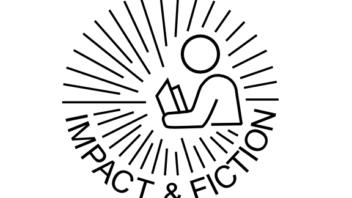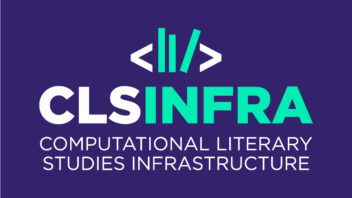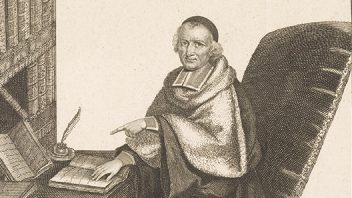Computational Literary Studies
Our group’s field of activity is literary research with a focus on computational approaches, with emphatic attention to reflection on theories, methods and techniques. We concentrate on all forms of literature from the past and present, from the Middle Ages to the present, with an emphasis on the modern period and on contemporary literature and reading culture. It covers texts produced or received in the Dutch language area, written in Dutch or translated into Dutch from another language, written by authors from home and abroad.
Dutch literary culture is also compared with that in other countries and language areas. The study does not distinguish between texts that are rated high or low (or everything in between), but rather studies them in conjunction. Together, they are part of the literary culture of the Netherlands, which we regard as a reflection of the society in which it functions. Special attention is paid to marginalised texts and authors from the past and present, in order to use new approaches to make even clearer which social and societal aspects play a role in contemporary reading culture and in the creation of the literary canon.
Research
We aim to answer the questions of how literary texts are created, how they are assigned value and in what ways they are received, function and influence other texts and society in different environments and times. The sources are the literary texts themselves in their various versions, reactions from ordinary readers and professional reviewers, and data on context. We use existing and new analogue and computational methods and apply them to the digital and analogue sources we collect.
Topics we examine include:
- the writing process;
- the realisation in text of concepts such as plot, character, and style;
- genre-related, author-dependent and time-dependent stylistic and content-related text properties;
- reception in print and in online media;
- impact of reading on readers;
- social processes surrounding literature in its broadest sense;
- repertoire formation;
- and the dynamics in all these aspects.
Our research reveals how literary works and opinions about them reflect the social and societal context in which they were created. It shows how judgements and prejudices are formed. By sharing the results of our research with a wide audience, we play a role in raising awareness about inequalities in our society and thus play an active role in making contemporary literary culture and the literary canon more inclusive and diverse.






